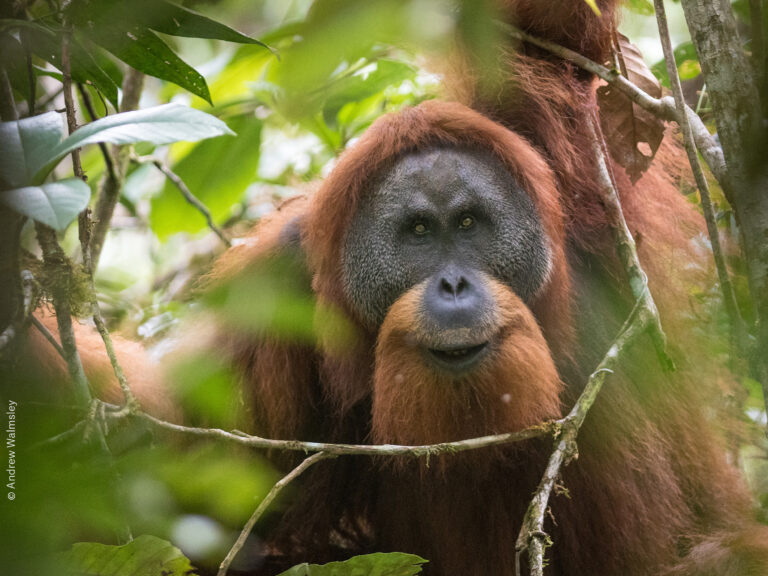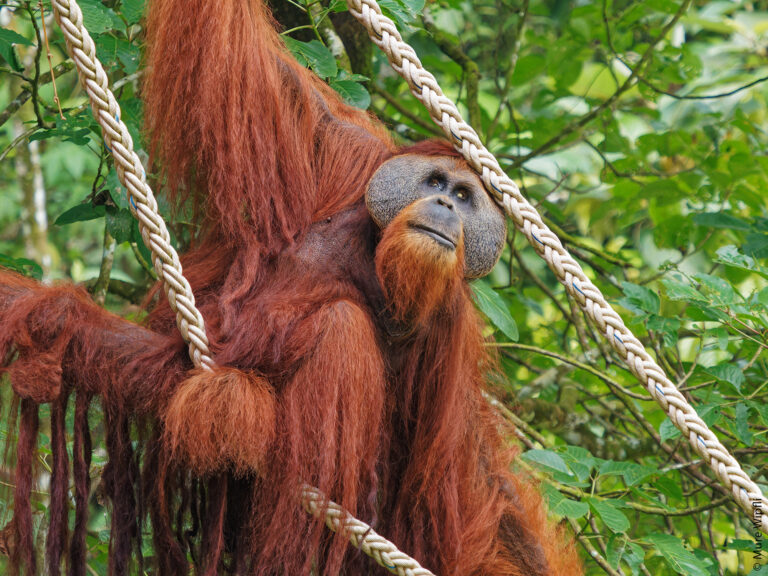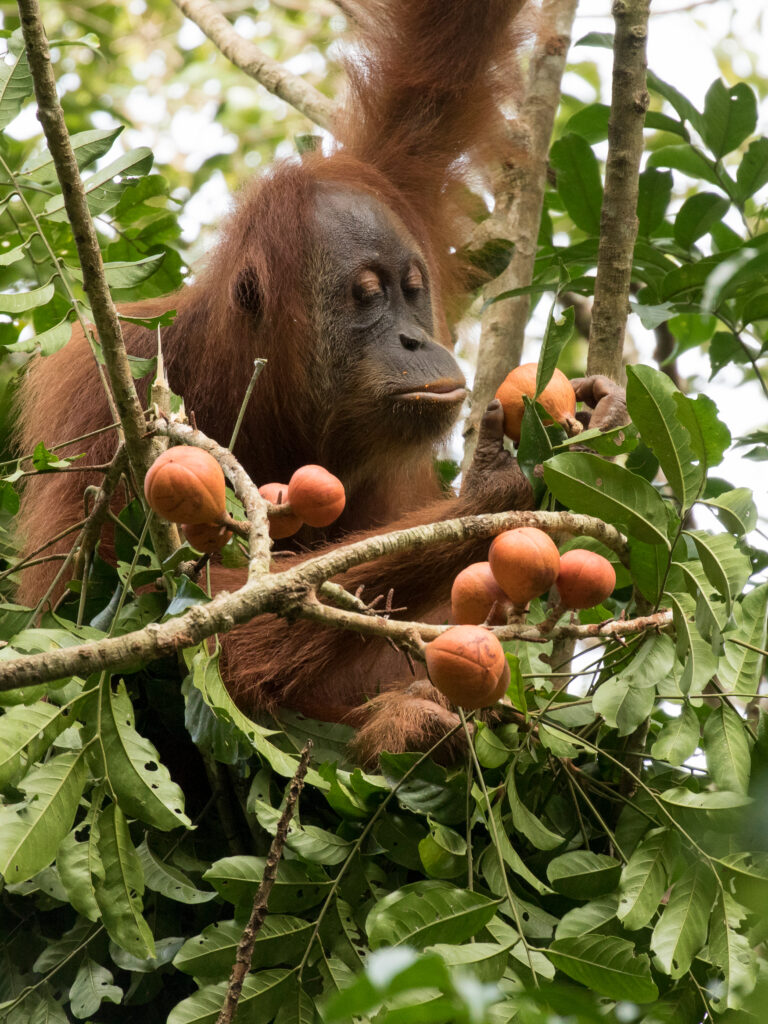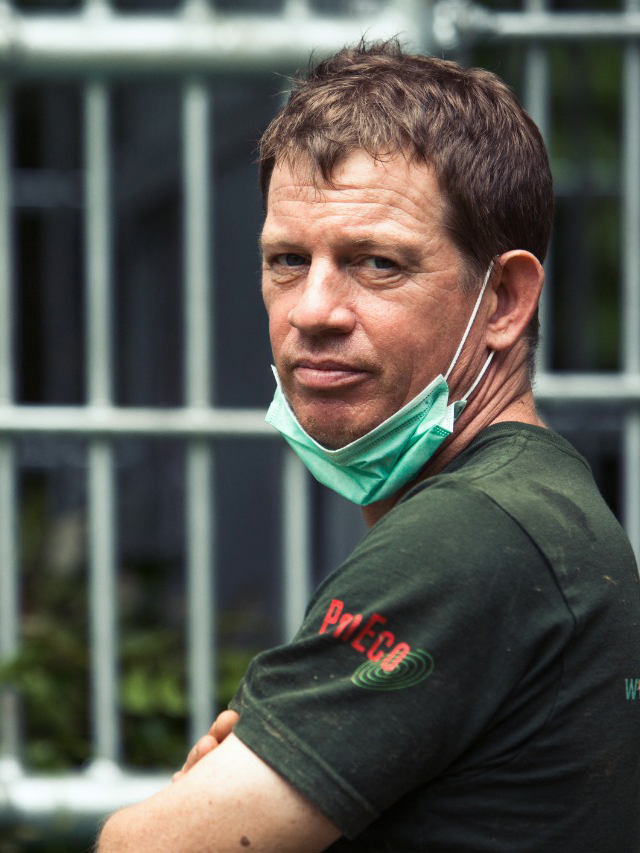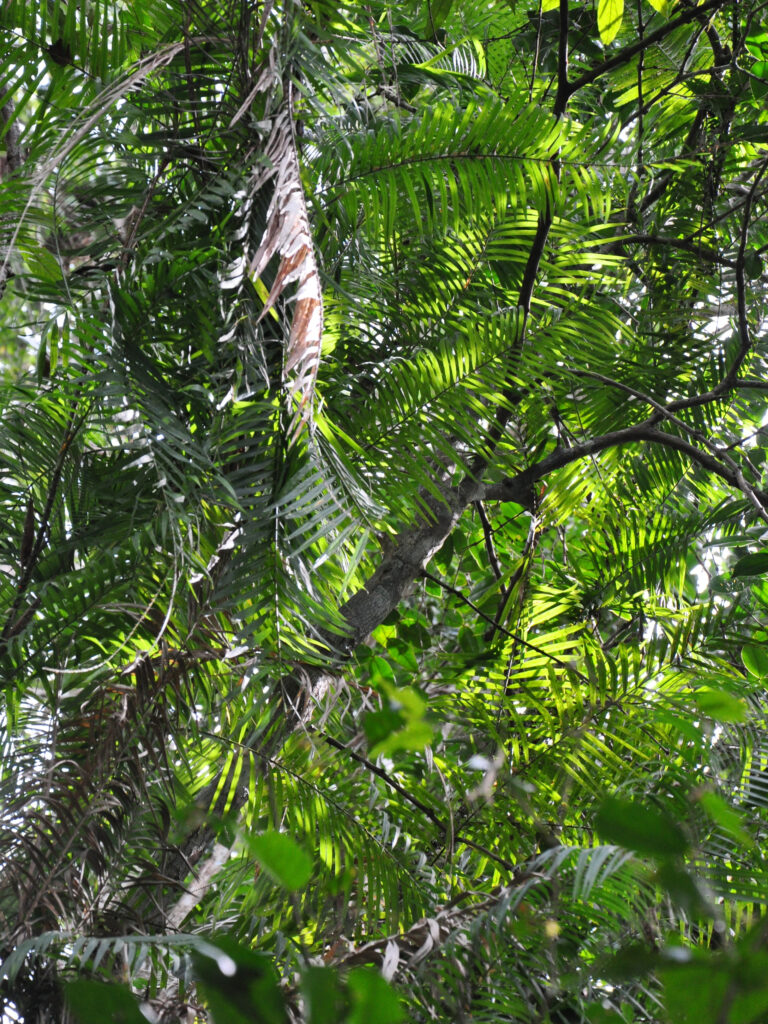PanEco is a non-profit NGO with headquarter in Berg am Irchel, Switzerland. Since 1996 we have been actively involved in nature and species conservation and environmental education.
News
-
Orangutan protection
How long do orangutans live? Do they live monogamously? And what do their long calls mean? In this profile, we reveal some facts and peculiarities of this great ape, which is found exclusively on Sumatra and Borneo.
-
PanEco
The PanEco annual report on our activities in 2024 at the Berg am Irchel Bird of Prey Station, the Thurauen Nature Centre and our programmes in Indonesia comprises 35 pages of stories, facts and lots of pictures. Find out what we have achieved with your support over the past year. We have picked out a few highlights to give you a flavour.
-
PanEco
We’re delighted to welcome Bioparc Genève as our new partner, and we’d like to thank it sincerely for its valuable support so far. We are already looking forward to implementing future projects together.
Our programmes
With the SOCP, we are committed to holistic orangutan and rainforest conservation in Sumatra.
The Thurauen Nature Centre is located at the gateway to the largest floodplain conservation area in the region and is dedicated to environmental education.
The Bird of Prey Sanctuary cares for injured birds of prey and owls and carries out environmental education.





